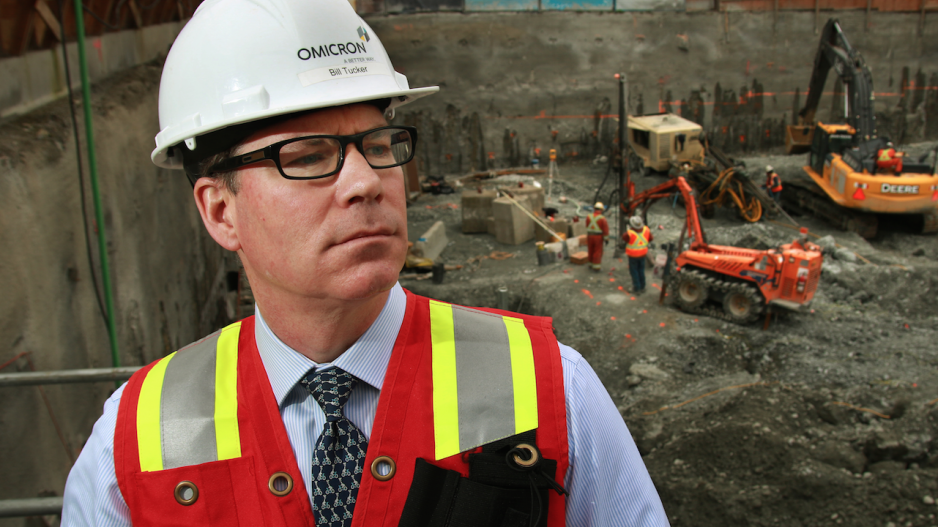The Canadian government’s plan to legalize recreational marijuana use by July 1, 2018, has many employers and their advocates concerned that employees will start coming to work stoned, posing a safety problem and potentially hurting productivity.
Many want Ottawa to do more consultation before making recreational marijuana use legal.
“Right now, the Surrey Board of Trade sees little consideration for workplace concerns or potential solutions for workplaces,” said CEO Anita Huberman on April 13, hours after the federal Liberal government tabled legislation to legalize recreational marijuana use.
The good news for employers is that not much will change – at least in terms of employment law.
Lawyers say employers will still have the right to ban recreational marijuana use at work and to prohibit employees from being intoxicated while on the job.
The challenge, however, is how to enforce those rules.
Random testing is generally considered contrary to human rights legislation, but an employer might be able to take random tests of an employee after showing that the worker has had a series of accidents because of undue consumption of an intoxicant, said Roper Greyell LLP partner Geoffrey Howard.
No widely accepted test exists to determine whether a marijuana smoker is intoxicated, he added.
Urine tests can reliably determine whether a person has used marijuana, but are not necessarily a dependable indicator of intoxication, and saliva tests are not yet recognized as reliable, Howard said.
“The key is to foster a culture of safety,” said Bill Tucker, CEO of Omicron, one of the largest integrated development services, design and construction firms in Western Canada.
“Safety is everyone’s responsibility,” Tucker said. “You have to make sure that your team working on a particular job site, on a construction project … really hold safety in a high regard.”
Howard said that Tucker’s “zero tolerance” policy should hold up in court for recreational users even though it could be “tricky” to enforce.
The new marijuana law will essentially make it legal for employees to purchase and use marijuana in their personal time, much like it is legal for them to purchase alcohol.
However, “employers have always had the legal right to require that employees show up sober and remain sober through their shift,” Howard said.
He added that marijuana addiction, like other addictions, is considered a disability, which imposes a duty on employers to extend “reasonable accommodation” as long as that accommodation does not cause an undue hardship for the company.
“With the medical marijuana category, the employer still has legitimate interest around safety and productivity. If the prescription is from a homeopathic practitioner, I think an employer is within his rights to say, ‘I want to see a prescription from a medical doctor that says that marijuana is appropriate treatment for your condition.’”
Howard pointed to a BC Human Rights Tribunal ruling from 2015 that upheld an employer’s ability to dismiss a worker who smoked marijuana several times throughout the workday to manage chronic joint pain. A doctor had told the complainant that he could use marijuana if it worked but the worker did not have a formal prescription to smoke marijuana, and the employer dismissed the worker for safety reasons.
“It is quite possible we will see someone with a medical marijuana prescription who will say, ‘You can’t say to me that I must show up with 0% impairment because I need this [drug] and I need to smoke it regularly through the day to maintain my pain relief,’” Howard said.
That employee would likely argue that the employer would have to prove that the employee’s productivity or judgment is so impaired that the employer should not have to put up with it.
An employer that does not want to accommodate an employee who uses medical marijuana, or is addicted to the drug, may be tempted to pretend that the company is going through financial troubles as a pretence to lay off that employee. But that is a dangerous strategy, Howard said.
One option for the employee in that situation would be to launch a case with the Canadian Human Rights Tribunal and argue that the real reason for the termination was marijuana use.
“Human rights tribunals have the power to order reinstatement with back pay,” he said. •




